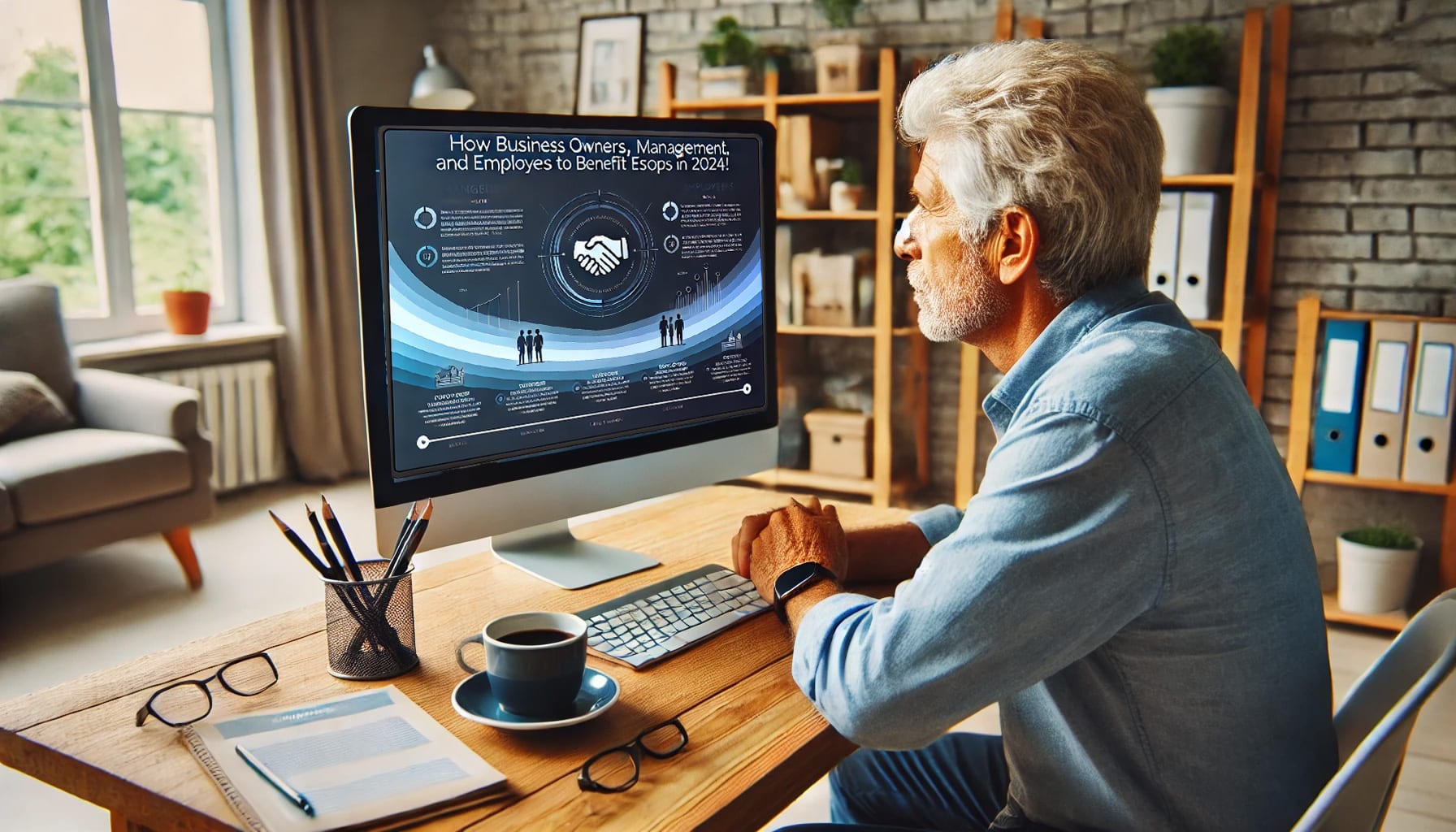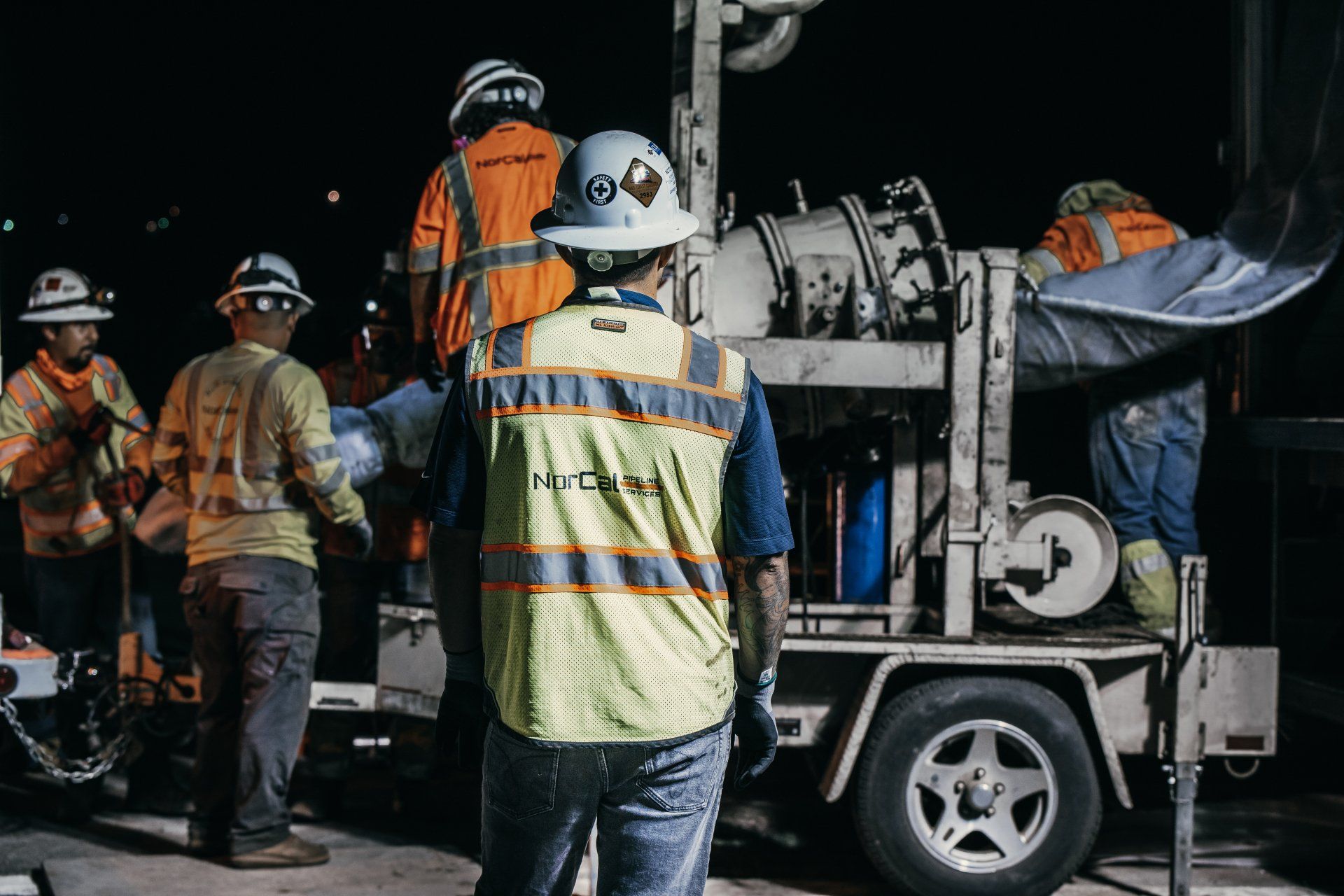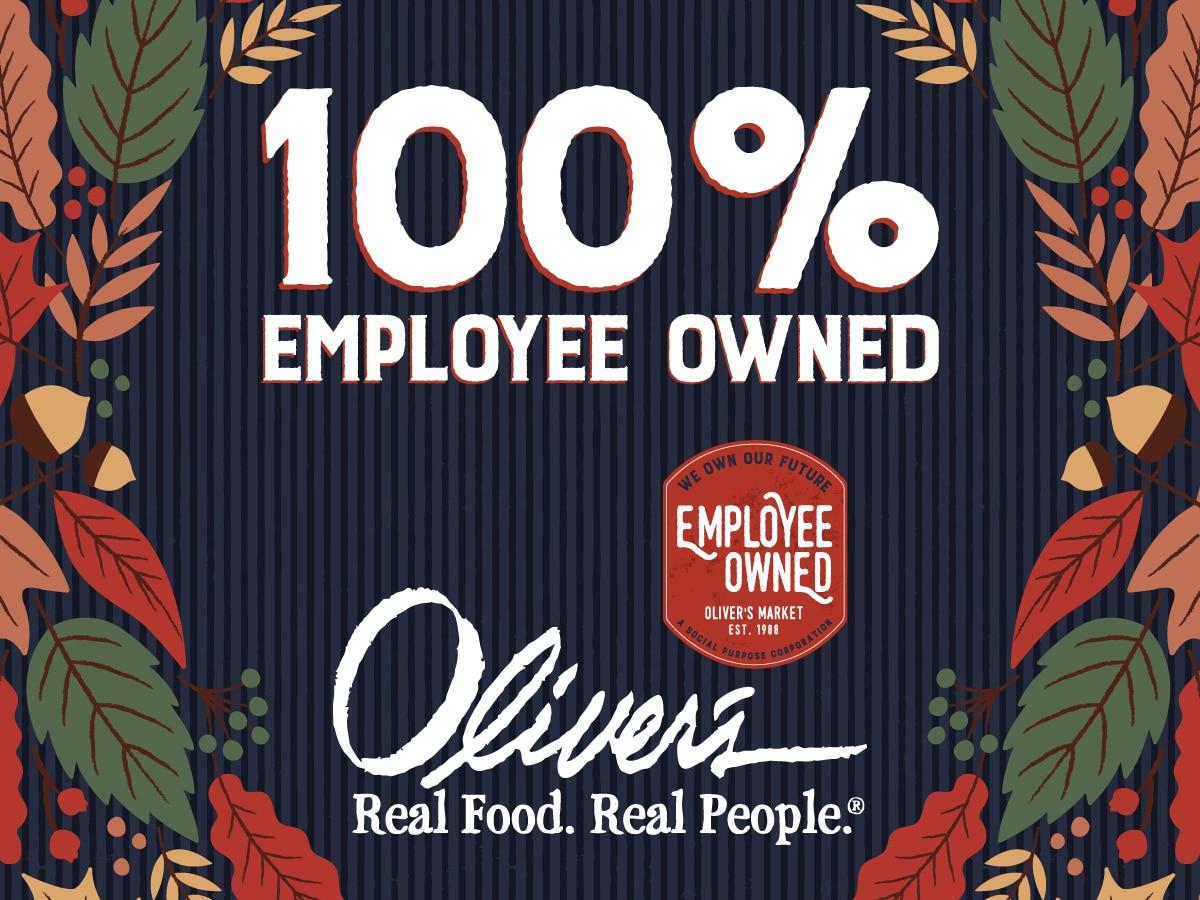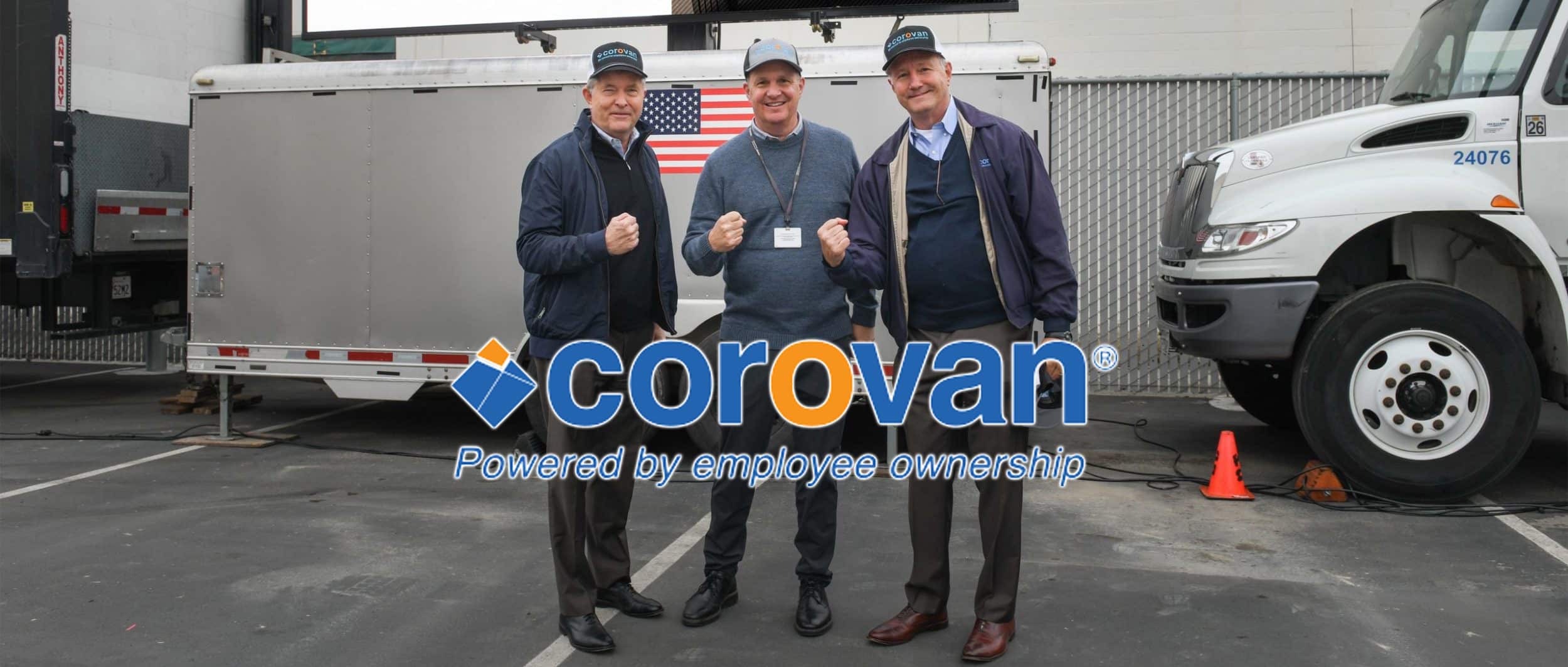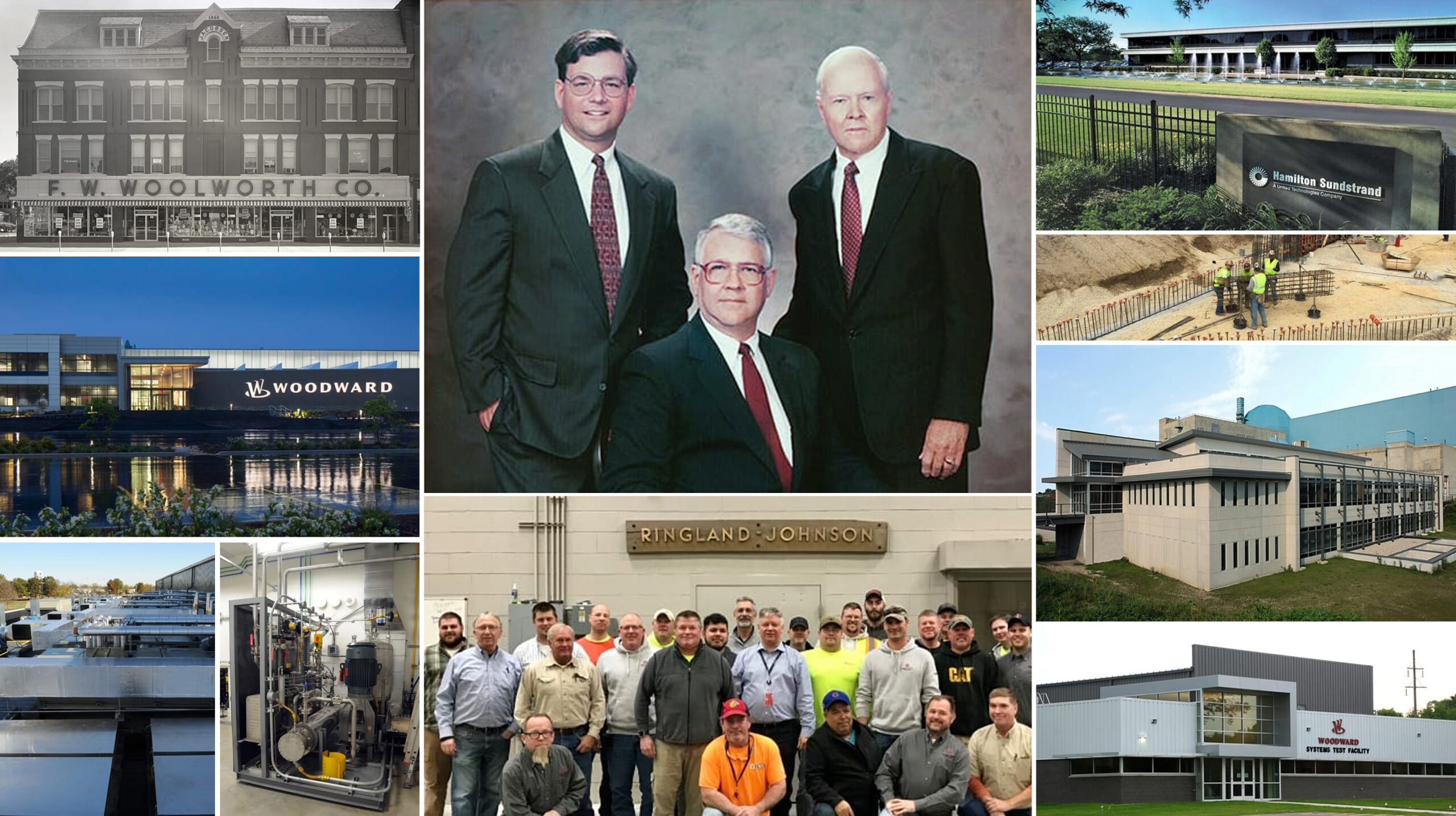The media has long painted millennials as disaffected college kids thumbing their nose at the notion of holding down a job. But if that’s how you see millennials, it’s time to update your mental image.
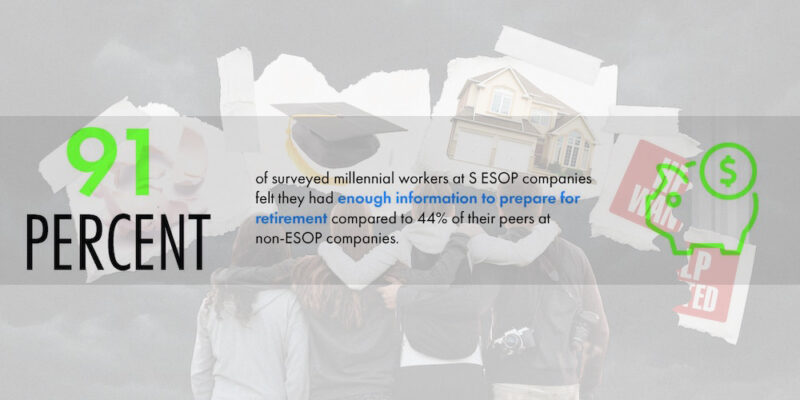
Source: Employee-Owned S Corporations of America
The youngest millennials are 25; The oldest millennials, as they are defined by the Pew Research Center, are turning 40 this year. They are homeowners. They are parents. They are the backbone of the modern workforce. They are survivors of multiple seismic shifts in the economic landscape that have given them a different relationship with their employers than the generations before them. And surveys show that they want to work for firms that embody employee ownership values.
The oldest millennials, sometimes called “geriatric millennials,” were born in the early 1980s. They grew up witnessing and participating in the rise of personal computers, mobile phones, the internet, and social media. They were among the worst hit by the Great Recession–“Older millennials were squarely hammered,” according to Brookings Institution senior fellow and policy director Mark Muro—and have built lives, families, and careers amidst stagnant wages and mountains of debt.
Their unique experience with technology makes millennials an important asset in the business world. They can serve as a bridge between older employees who may be reluctant to learn yet another new platform or app, and the Gen Z employees who have never known a workplace that didn’t run on Slack and who may perceive a mid-day phone call from a colleague as an invasive act.
“[Millennials] can help straddle the divide,” leadership expert Erica Dhawan told Business Insider. “They can teach traditional communication skills to some of those younger employees and digital body language to older team members.”
Surviving multiple recessions has put millennials in a more precarious financial situation than Gen X or Baby Boomers. The typical older millennial has $128,000 in debt and less savings than their parents did at their age. Some might think this would make them more desperate to hold onto a good paying job no matter the cost, but in fact the opposite may be true.
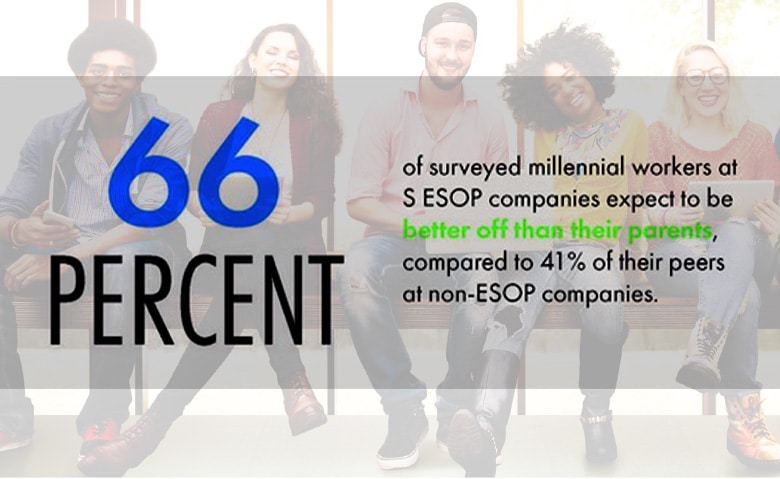
Source: Employee-Owned S Corporations of America
Whether in the Dot Com boom, the Great Recession, or the recent economic devastation wrought by the COVID-19 pandemic, millennials have grown accustomed to seeing companies rise and fall, and jobs disappear seemingly overnight. They may have parents who graduated from college, got a job, and spent their whole career moving up the ladder at that one company. But that concept feels quaint and impossible by today’s standards. For many millennials, jobs are not sacrosanct; they are perfectly willing to leave a job if it does not mesh with their own sensibilities or lifestyle.
A 2021 Atlassian survey found that 49% of American millennial workers said they would be willing to quit their job “if it became clear their employer’s values did not align with their own.” 56% said they would be ready to change employers if it gave them access to remote work opportunities, citing the increased time for personal and family matters and increased autonomy.
That’s half of the largest generational cohort in today’s workforce who say they want to work for employers that prioritize their employees’ wellbeing and who actively make a positive impact in their communities. And they want to be involved: 72% of millennials surveyed said “employees should be allowed to voice their opinions at work on political and societal issues that matter to them,” and 66% said they “want to have a say in what issues [their] employer takes action on.” These figures put them well ahead of any other generational cohort surveyed.
ESOP companies are attractive to millennial workers because they offer benefits and a culture that fit what they are looking for. They provide powerful retirement savings at a time when perks that their parents may have enjoyed, like robust pension plans, are nearly impossible to find.
They provide workers with a voice at their company. The most successful ESOP companies are those with strong employee ownership cultures that prioritize transparency and valuing input from across the organization.
ESOPs align the interests of the employees and owners by making them one and the same, which explains why ESOP companies tend to put the needs of their workers front and center. This was particularly visible when the COVID-19 pandemic hit, and ESOP companies drastically outperformed other firms in terms of protecting their workers’ jobs. ESOP firms were also more proactive about letting employees work remotely and instituting safety measures.
And while the implementation of an ESOP is by no means an indication of the particular social and political values a company might espouse, it is true that many business owners who implement ESOPs are motivated by a desire to see their business be a positive force in their community even after they’re gone.
We frequently speak with business owners who are immensely proud not only of the jobs they’ve been able to create and the wealth they’ve been able to build in their community—both of which are typically improved by an ESOP—but the ways in which they have been able to give back. They see selling their company to their employees as an extension of that, and a way to keep their company local, keep it intact, and keep that giving spirit going for many years to come.
Millennial workers make up the largest share of American workers, and will be driving our economy for decades. They have made their voices clear about what they want and expect from an employer. And to find it, they only have to look for a company with an ESOP.
Contact the Menke Group today to learn how an ESOP could help you attract and retain top talent in your field.
Menke & Associates, Inc. has helped over 3,500 companies successfully transition to employee ownership. Our holistic ESOP approach enables a positive outcome for the company, its employees and its shareholders. We believe ownership is powerful.


